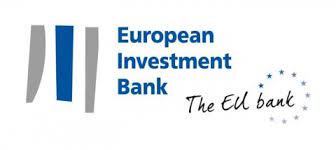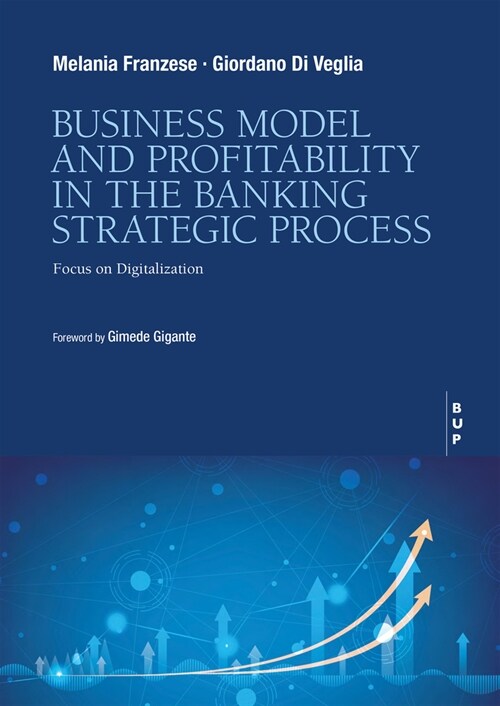The European Securities and Markets Authority (ESMA), the EU’s financial markets regulator and supervisor, has published its first risk monitoring report of 2025, setting out the key risk drivers currently facing EU financial markets. ESMA finds that overall risks in EU securities markets are high, and market participants should be wary of potential market corrections. Continue reading…
Gone are the days when organisations could simply promise a speak up culture. Today, fostering a culture of trust, integrity, and a positive work environment…
Download whitepaper












